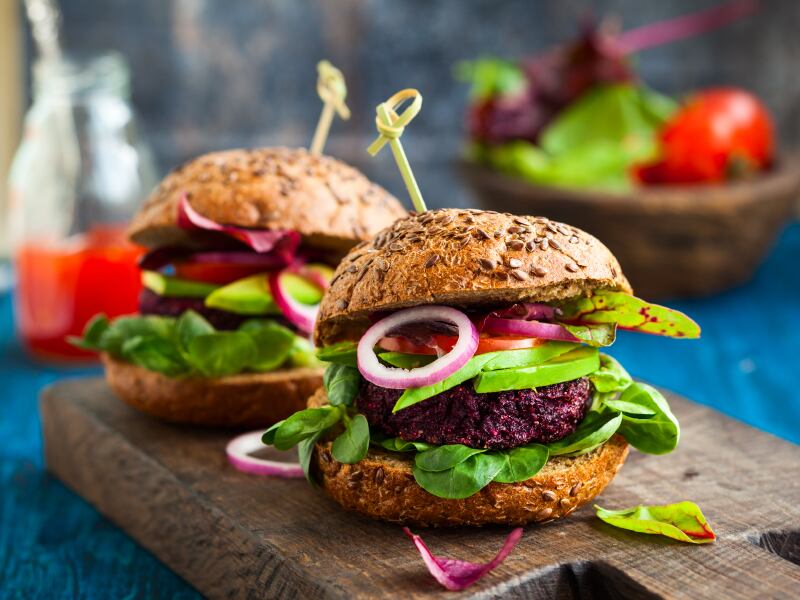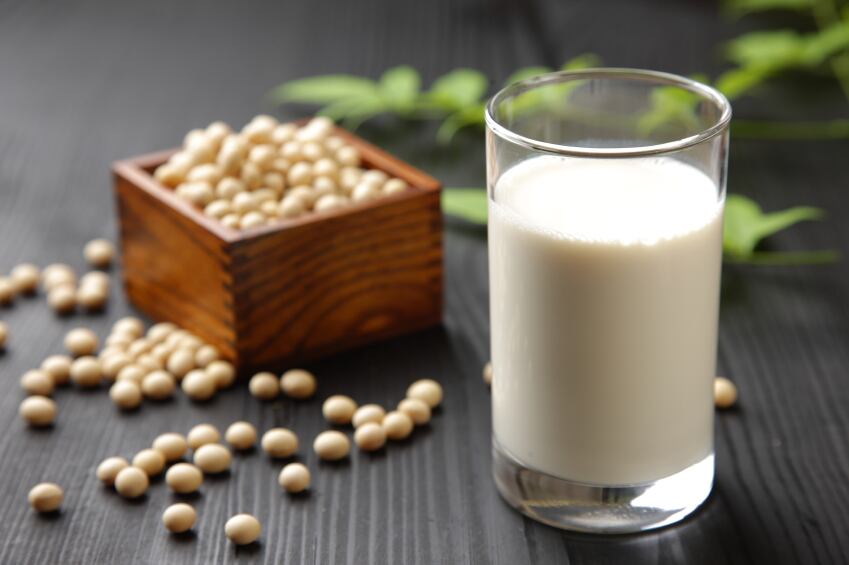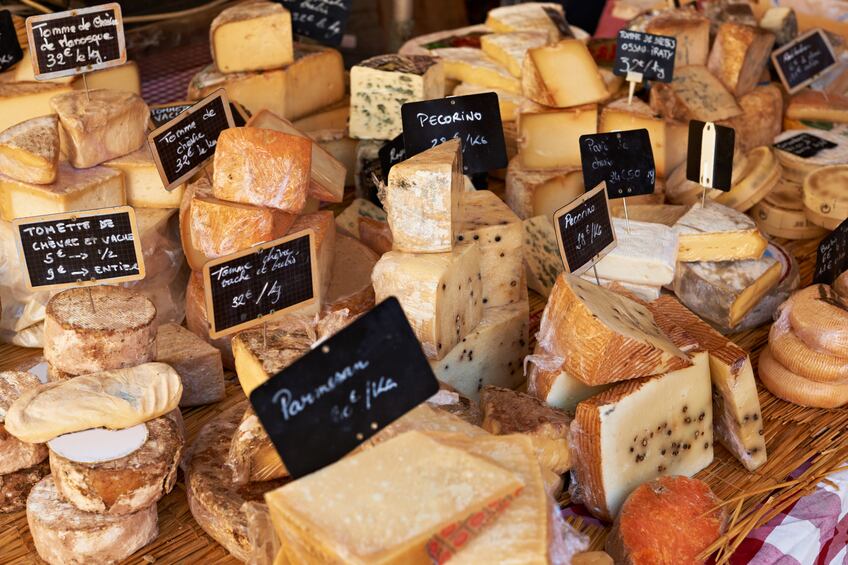In Europe, dairy terms are protected under EU regulation 1308/2013 which means the words milk, cheese and yoghurt can only be used for product made from animal milk. Equivalent legislation exists around the world and, in a sense, this is understandable because the definition was determined at a time when almost all milk came from animal sources, mostly cows.
But today the market for plant-based dairy alternatives made from ingredients such as soy, almond and oats is tipped to €20bn in the next six years globally according to Allied Market Research - an annual growth rate of 13%, figures the dairy industry would kill for.
The wealth of products made from plant-based ingredients on the market shows that the monopoly on these words is clearly not preventing innovation from happening. But it could be stopping these products from making the jump from beyond the free-from food aisles in specialist shops to the shopping baskets of 'mainstream' consumers.

Current rules around the nomenclature could prevent even die-hard vegans from finding the products they’re after.
Wilmersburger is a German manufacturer of vegan cheese but its official name with regard to EU law is ‘sandwich topping with vegetable oil.’
And at a time when more and more grocery shopping is being done online, being able to market your product as vegan cheese makes a big difference in search engine rankings (SEO).
Even clued-up vegans don't do a Google search for 'veggie sandwich topping with vegetable oil' so the direct effect on sales is tangible.
What is cheese or milk?
Sometimes it seems the nomenclature descends into a form of nit-picking with nuances that perhaps only Belgian dairy farmers and judges understand. Last year a Belgian court upheld a complaint filed by the Belgian Confederation of the Dairy Industry (BCZ) against Alpro over its use of the terms ‘yoghurt variant’, 'variation on dairy' and 'plant-based variation on dairy'. But it approved the term 'plant-based alternative to dairy'.
The dairy, meat and egg sector is threatened by these plant-based developments – how could it not be as anyone who has been following the Hampton Creek versus American Egg Board case across the pond will be aware or tracked some of the soy industry's disputes over labelling here in Europe in recent years.
But does it have to be a case of us versus them?
Last month I spoke with Sojami’s CEO and founder Jean-James Garreau. He doesn’t see the two as being irreconcilable - and he comes from a family of cheesemakers. Garreau’s parents were goat farmers producing goat’s cheese in the southwest of France.

“This truly is the same technology as cheese-making, and I see it as a plant-based cheese in the sense that [both] are a result of bacteria, microorganisms,” he said. “It’s the same fundamental technique but the substrate is different. We’re not saying ‘don’t eat cheese’ and this product is not against cheese, it’s a product that widens the selection of cheese.”
So why can a manufacturer who ferments, matures, strains, ripens and presses soy milk not call his product soy cheese in the same manner as goat’s cheese, sheep’s cheese, cow’s cheese?
Surely the prefix soy gives enough information to consumers about its origins. Of course it’s not going to taste exactly like Camembert or Gorgonzola but chances are consumers don’t expect it to either.
Cue the cries of ‘But Europe’s culinary heritage is at stake!’
Frankenfood or genuine food progression?
Europe already protects its culinary heritage. The Protected Designated Origin (PDO) label covers agricultural products and foods which are produced,

processed and prepared in a given geographical area using recognised know-how.
This means that in Europe only authentic, artisan parmesan producers in the Parma, Reggio Emilia and Modena can call their cheese Parmigiano-Reggiano or Parmesan. It means that a factory in California which makes cheese from pasteurised cow’s milk, adds cellulose, flavourings and preservatives cannot sell it as Parmesan in Europe. It also means that a cheese made from soy milk could never call itself Parmesan.
The sector is set for further changes. Cultured meat grown without animals is already here and so is animal-free milk.
Let them eat vegan cheese
Whether these are ‘Frankenfoods’ that further remove us from real food - without actually diminishing our unsustainable taste for meat and dairy or nudging the conventional agfood sector to more responsible practices - is a whole other debate, but the plant-based food sector is here and it’s growing globally. It’s a money-making business like any other but it also has some core values such as promoting a more responsible, sustainable use of the earth’s limited resources.
This is a good thing, and solutions as simple as soy milk and vegan cheese should be given room to grow.
It’s time to see these developments as complementary rather than competitive, to react rather than resist.
In a world where climate change denier Donald Trump has just been elected US president, anything that helps the shift towards a more sustainable food system should be encouraged.
